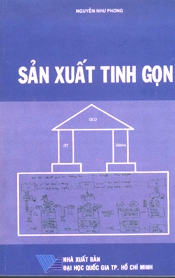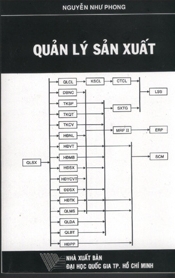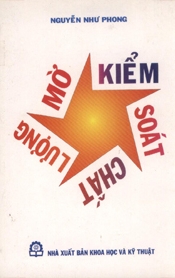
| FD Approach to Investigate the Effect of Different Factors on the RM of BPM |
|
Factorial Design Approach to Investigate the Effect of Different Factors on the Resilient Modulus of Bituminous Paving Mixes
1Afaq Khattak,2Muhammad Babar Khan,3Muhammad Irfan,4Sarfraz Ahmed
1Graduate Research Assistant, National Institute of Transportation, School of Civil & Environmental Engineering (SCEE)
National University of Sciences & Technology (NUST), Islamabad-44000, Pakistan
2Assistant Professor, National Institute of Transportation, School of Civil & Environmental Engineering (SCEE)
National University of Sciences & Technology (NUST), Islamabad-44000, Pakistan
3Associate Professor & Head of Department, National Institute of Transportation (NIT),
School of Civil & Environmental Engineering (SCEE),
National University of Sciences & Technology (NUST), Islamabad-44000, Pakistan
4Associate Professor, School of Civil Engineering,
National University of Sciences & Technology (NUST) Campus, Risalpur-24080, Pakistan
(DOE11)
Abstract
Resilient modulus is an important property used in the mechanistic analysis of pavement response under moving loads as well as an input parameter for design of flexible pavements.
The effectiveness and efficiency of pavement structural thickness design is contingent on the accuracy in measuring the resilient modulus (MR).
This research study investigates the effect of four factors namely bitumen content, specimen diameter, test temperature and load duration on resilient modulus of bituminous paving mixes.
The specimens of dense graded hot mix asphalt (HMA) were prepared by Marshall Compaction method using 4% and 5% bitumen content and with 4 in and 6 in diameter.
The resilient modulus tests were conducted on these specimens using repeated-load indirect test setup in Universal Testing Machine (UTM-25) at 25°C and 40°C temperature.
Haversine-shaped wave load pulse was used to simulate the traffic wheel loading for 100 ms and 300 ms load duration.
The analysis of two-level full-factorial designed experiments revealed that all four factors have a negative effect on resilient modulus of bituminous paving mixes.
Temperature was the most significant factor affecting the resilient modulus followed by load duration and specimen diameter. In 2-way interaction, diameter–temperature, diameter-load duration, and load duration-temperature were significant.
The most significant 3-way interaction was bitumen content-temperature-load duration. The results from the study suggest that in measuring the resilient modulus, an appropriate temperature and load duration should be selected to quantify the representative resilient modulus for in-situ conditions.
Keywords: Resilient modulus, Factorial design, Bitumen content, Specimen diameter, Test temperature, Load duration
|






































